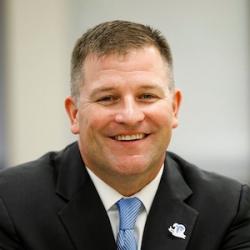5 Tips to Build Confidence When Players Return
After the long youth soccer moratorium due to the Coronavirus COVID-19 pandemic, youth soccer players all across America are returning to play as states ease restrictions. While everyone is happy to be outdoors and back on the green fields, returning after 10 or 12 weeks away from team practice can be daunting. Here are great tips to help build back a player’s confidence.
This important article is written by SoccerToday’s columnist Bryan Price, a performance and mindset coach who founded Top Mental Game.

As various states lift restrictions to allow players back on the pitch, everyone associated with youth sports is understandably excited. Players are chomping at the bit to play, coaches can’t wait to get their teams back together, and parents yearn to cheer on their kids from the sideline once again.
But with that excitement comes some anxiety. It’s only natural.
For those near COVID-19 hotspots, shelter-in-place orders have kept players off the pitch for over 10 weeks. That’s a lot of rust to shake off, even if players managed to work out on their own.
So what can players do to get their minds right and return to the pitch with confidence?
Read: MAKING THESE COVID-19 DAYS COUNT WITH BRYAN PRICE & JULIE FOUDY
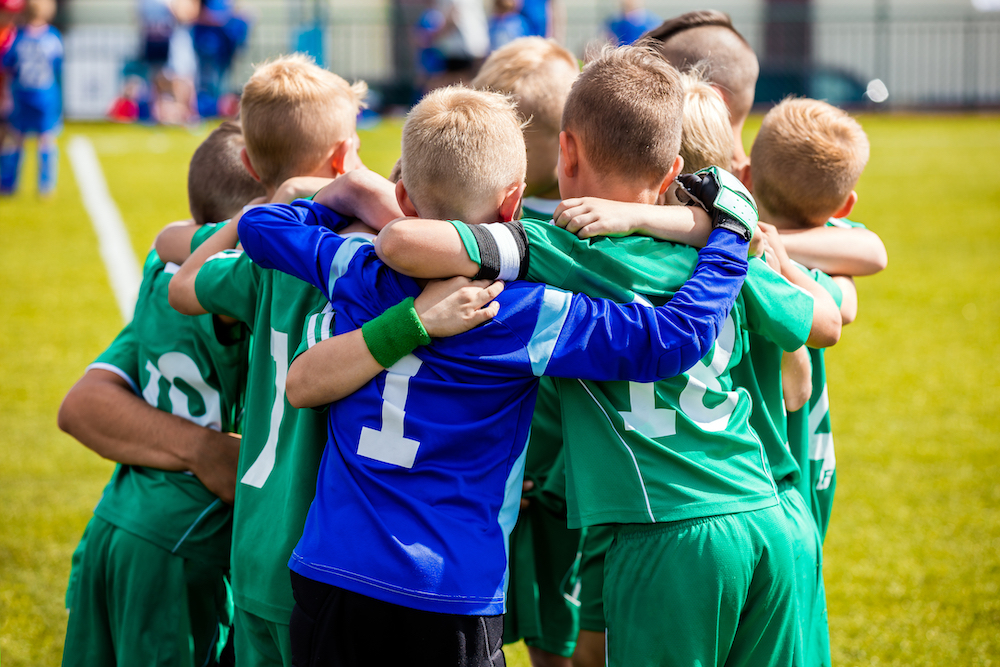
1. Have a Growth Mindset
In her landmark book, Mindset, Dr. Carol Dweck examines what separates students who were able to quickly rebound from adversity versus those who could not.
The difference was mindset.
Those who possessed a growth mindset were more likely to succeed. Those with a fixed mindset were not.
In a soccer context, players with a growth mindset are not deterred by failure because they see these experiences as opportunities to test their limits and to grow. They believe their talents can be honed and developed through hard work and effort.
Conversely, players with a fixed mindset are unlikely to seek out situations where failure is a possibility for fear of what others might think about them. They believe talents are not developed but fixed.
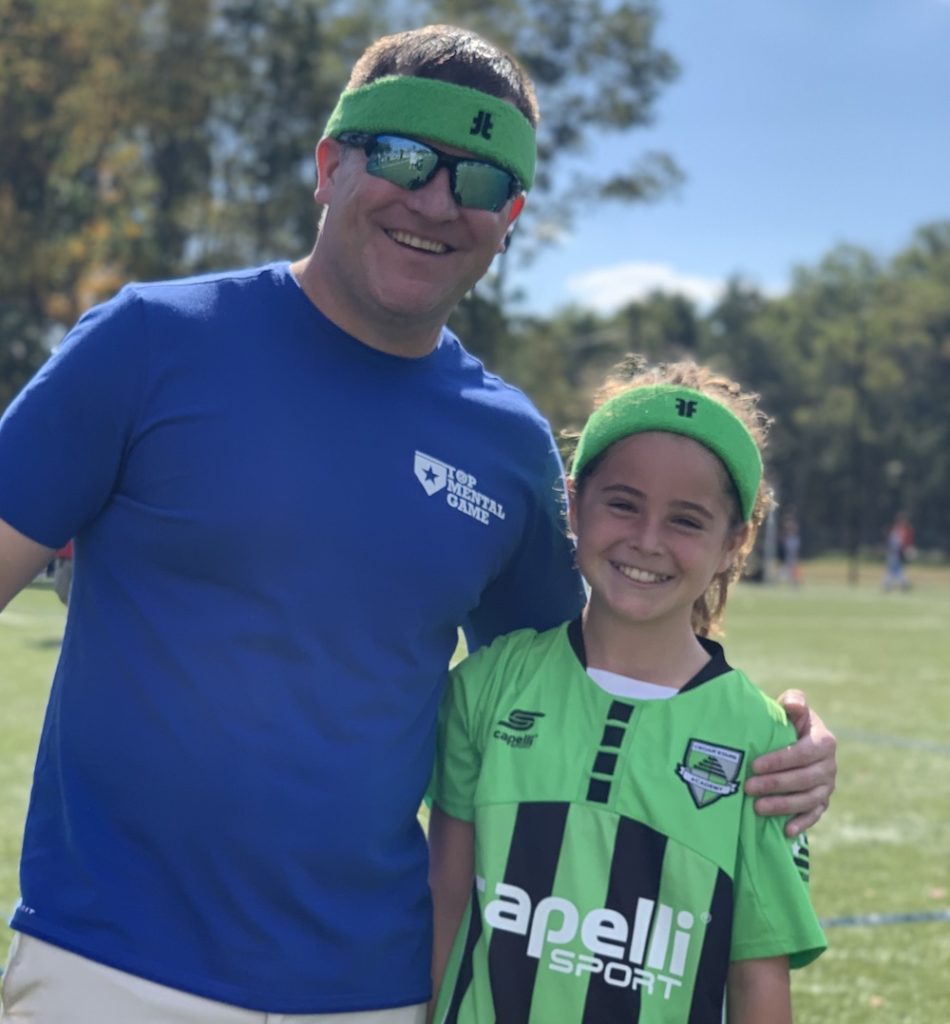
An example of this is the player who has a fixed mindset about penalty kicks. Because they may have missed a penalty kick in the past, the player tells themselves that they’re no good at penalty kicks. They refuse to work on them in practice and never volunteer to take them in competition.
Contrast this with another player who has a growth mindset. Even though they may have missed an earlier penalty kick, they know that they’ll improve with patience, effort, and practice. They don’t see missed penalty kicks in games as a failure. Instead, they see these moments as learning opportunities to get even better in the future.
Read: MAKING THESE COVID-19 DAYS COUNT WITH BRYAN PRICE & JULIE FOUDY
Soccer players who get back onto the pitch and suddenly find themselves struggling to shake off the rust should keep Dweck’s research in mind.
Some may be frustrated that their game is not where it was before the COVID-19 crisis, which might lead to a feeling of hopelessness. Players could easily get down, frustrated, and choose not to work as hard.
Instead, tell yourself, “I currently struggle with [X], but I know that I’ll improve with time, effort, and hard work.” Accept where you’re currently at, own it, and trust that you can improve with hard work, determination, and effort.
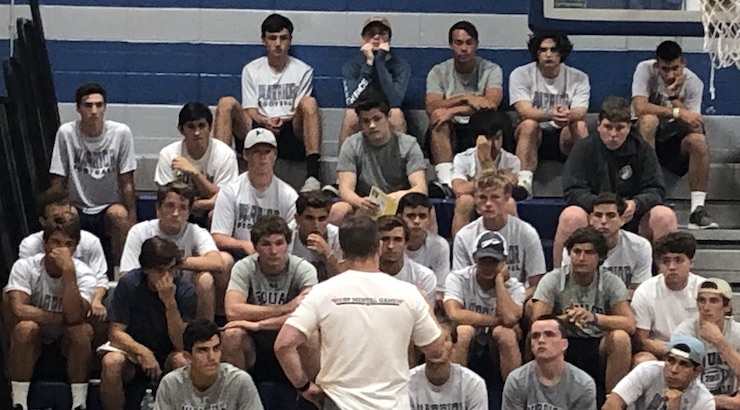
2. Focus on your Process, Not the Outcomes
Along with a growth mindset, players returning to competition would be wise to focus on the process, not the outcomes.
Ask most players if they have a goal, and chances are, they will respond with an outcome. For example, they want to be All-State, earn a Division-I scholarship, or play professionally.
Rad: MAKING THESE DAYS COUNT: SOCCER STAR JULIE FOUDY ON WHY MENTAL SKILLS COUNT
These are great and worthy goals, but they are also outcomes that are largely out of a player’s control (more on that below). If a player puts all of their focus on a particular outcome without developing and committing to a process, and they fail to achieve that outcome, it can lead to self-esteem issues, depression, or worse.
Instead, players should focus on the process, not the outcome.
Once players have an outcome goal that truly motivates them, they should ask what they can do to maximize the likelihood of achieving that goal?

This should include physical skills and drills to improve foot skills, speed, strength, agility, and endurance. But it should also include other critical components of performance such as sleep, nutrition, and recovery. Additionally, I encourage athletes to consider adding things that provide balance to their life, such as activities outside of training that they do for fun and that give them energy.
And last but not least, I strongly urge athletes to think about the 4th pillar of player development – the psychological pillar.
Once players have identified everything and anything that will maximize their chances of achieving their outcome goal, they can then break that down into a 24-hour routine.
This empowers players to create and own their own blueprint for success.
Focusing on the process makes a player’s outcome goal seem less intimidating and overwhelming. When broken down to where players know exactly what they should be doing on a daily basis, it puts the player’s focus where it should be – on the process, not the outcome.
And if players dedicate themselves to executing that process, they’ll feel disappointed if they fail to achieve their outcome goal, but importantly, they won’t feel disappointed in themselves.
Why? Because they know they’ve done everything under their power to make that dream a reality.
Trust the process.

3. Control the Controllables
Even though returning to competition is now a question of when not if, there are still many uncertainties that increase the anxiety for players and coaches.
As discussed earlier this month in Soccer Today, it’s important for players and coaches to focus on “controlling the controllables.”
While we all want to return to playing games as soon as possible, we know that this will occur at different times in different parts of the country. It may even occur at different times even within a particular state.
As this happens, the power of FOMO – fear of missing out – will inevitably kick in. Why is my state not reopening but neighboring states are? When will the NCAA decide to open the recruiting period? When will we move out of phase X and into phase Y?
This can be stressful and frustrating.
But for players, stressing over things beyond their control won’t help their performance when they return to action.
Instead of wasting time and effort over things beyond their control, players should invest all of their energy into those things they can control. That includes things like their process, attitude, and behavior.

4. Use Self-Talk to Improve Confidence
We all know that effective communication is critical in soccer. It’s no coincidence that the best teams have players and coaches who are exceptional communicators.
But there’s one individual we communicate with more than anybody else. And that person happens to have a disproportionate impact on our performance.
Who’s this important person? It’s ourselves.
Too often, that inner voice in our head is our own worst critic when it comes to evaluating our performance on the pitch. This is likely to be even more pronounced after players return and expect to perform at the same level they did prior to the quarantine.
This is normal. In fact, we are hard-wired to be this way.
This negative self-talk keeps us vigilant of threats that might cause us harm. Although seemingly counterintuitive, negative self-talk can also be a coping mechanism to protect us from failure. After all, you can’t suffer any surprising disappointments if you constantly tell yourself that you stink.
In truth, this evolutionary feature is great at keeping us alive and protecting our fragile egos, but it’s a horrible recipe for exceptional performance. Negative self-talk inhibits our performance, discourages us from testing our limits, and leads to players playing hesitant and scared.
The good news is that our brains are more malleable than we once believed. Even if it’s true that negative self-talk is often our default “operating system,” we can “upgrade” it simply by changing our self-talk.
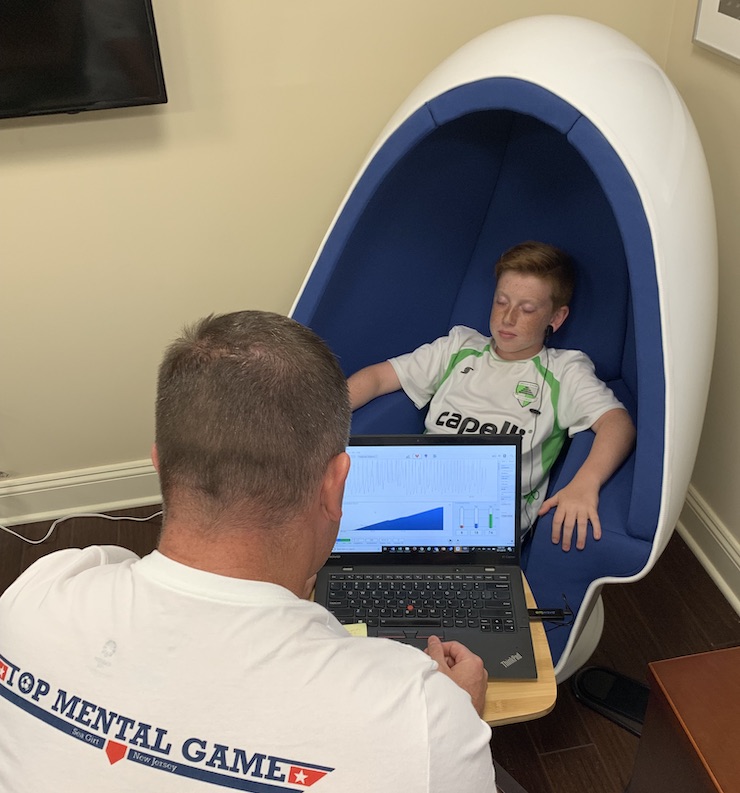
While it’s impossible to fully remove negative self-talk from our minds, we can learn how to replace it with positive self-talk when it inevitably shows up.
We know that our thoughts influence our emotions, and our emotions influence our actions. Those actions influence results. If players believe they perform their best when they’re loose, focused, and confident, then it starts with your thoughts.
Want to be average? Then do what average people do – do nothing and let negative self-talk limit your potential.
Want to be more confident and maximize your potential? Recognize when you go negative with your self-talk, and replace it with positive self-talk.
5. Use Gratitude to Combat Anxiety
Knowing they are likely to encounter increased anxiety when they return, players should be armed with tools to cope and conquer it.
Gratitude is the antidote to anxiety. It’s like a secret weapon.
When we are anxious and nervous, it’s usually because we’re obsessing about the past or fretting over the future. When we’re full of anxiety, we’re often overly concerned about what others will think of us.
Conversely, when we’re experiencing a moment of gratitude, we are present. We are, as they say, where our feet are. And instead of being worried about what others think of us, we think about how we can be of service to others.
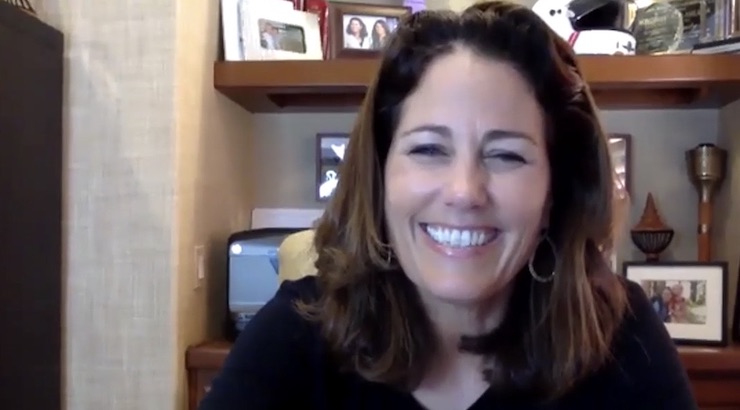
Gratitude is what soccer great Julie Foudy suggested players use going into the COVID-19 crisis, and it’s also an excellent strategy for players to deploy when returning to the pitch.
Incorporating gratitude into one’s daily routine is growing in popularity for today’s top athletes, but it can be an especially powerful tool for any player shaking off the rust from this quarantine.
That’s because if the COVID-19 crisis has taught us anything, it’s how much we should cherish whatever time we get to compete in the sport we love. Perhaps the silver lining of the quarantine is that we’ll never take playing soccer for granted again.
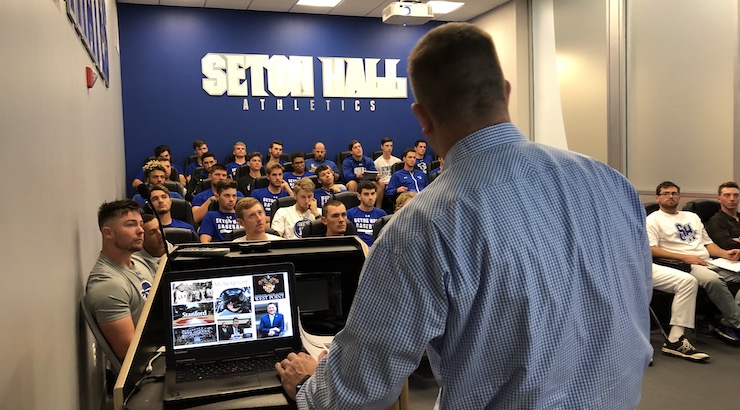
The Final Word
It’s only natural that players will experience higher levels of anxiety as the nation figures out how we get back to “normal.”
Players should use the skills from the 4th pillar of player development to combat that anxiety so they can quickly return to form and play at their best.
That means having a growth mindset about the challenges ahead and focusing on process instead of outcomes. Players should pour all of their time, energy, and effort into only the things they control.
Finally, players would be wise to incorporate a gratitude exercise into their daily routine to stay grounded, combat anxiety, and appreciate the opportunity to compete yet again.
To quote Master Oogway in the movie, Kung Fu Panda: “Yesterday is history. Tomorrow is a mystery. But today is a gift. That is why it is called the present.”

